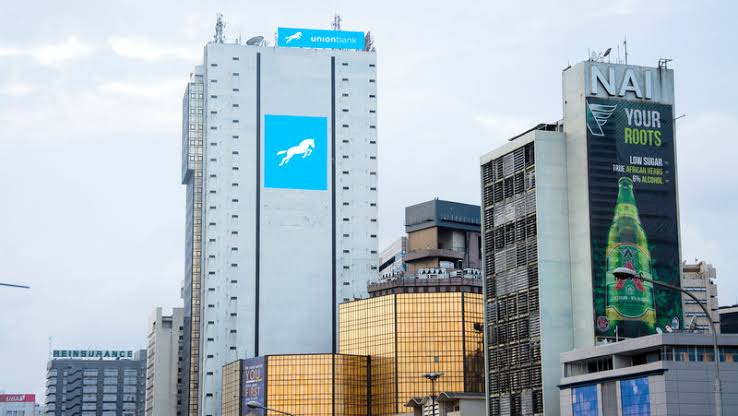
Nigeria Customs Launches One-Stop-Shop To Cut Clearance Time To 48 hours
The Nigeria Customs Service (NCS) has launched a One-Stop-Shop (OSS) initiative, piloted at Onne, Apapa, and Tin Can ports, to cut cargo clearance time from 21 days to 48 hours.
The reform was introduced during a meeting with Customs management and Area Controllers in Abuja on September 23 and later announced on the Service’s official X account on Sunday.
Comptroller-General Adewale Adeniyi said the OSS is designed to streamline operations, eliminate duplication, and improve predictability in clearance procedures. The measure also aligns with global best practices and supports the Federal Government’s Ease of Doing Business policy.
“The Nigeria Customs Service (NCS) officially introduced its One-Stop-Shop (OSS) Initiative on Thursday, 23 September 2025, a major reform expected to reduce cargo clearance time to 48 hours. The initiative was unveiled during a meeting with NCS Management and Customs Area Controllers in Abuja,” the statement read in part.
It added, “Adeniyi assured the Customs Area Controllers that the reform would be piloted at Apapa, Tin Can Island, and Onne Ports before being rolled out nationwide, adding that the initiative is fully supported by the NCS Act 2023 and aligned with the World Trade Organisation’s Trade Facilitation Agreement (TFA).”
The statement further noted that the reform is fully backed by the NCS Act 2023 and in line with the World Trade Organisation’s Trade Facilitation Agreement (TFA).
Under the new framework, all Customs units will jointly handle flagged declarations, removing the need for multiple checks and reducing bottlenecks. Once cleared under the OSS, consignments will not be re-intercepted, a move expected to lower costs and boost trade facilitation.
- The Abuja meeting also reviewed the Service’s accountability framework, including the adoption of a central dashboard to track clearance timelines, interventions, and stakeholder satisfaction.
- While technology continues to enhance Customs operations, Adeniyi stressed the importance of direct engagement with officers to ensure collaboration and efficiency.
Area Controllers at the meeting pledged full support for the pilot phase, describing the initiative as both timely and essential to reposition the Service for greater effectiveness.
The Nigeria Customs Service has intensified efforts to integrate technology into its operations.
- Earlier in September, it launched a new automated overtime e-clearance system designed to reduce congestion at ports and improve trade facilitation.
- The digital platform processes long-standing overtime cargo more efficiently, cutting delays, minimising manual interference, and curbing opportunities for corruption.
Alongside the new One-Stop-Shop initiative, this reflects a broader push by Customs to digitise processes and enhance transparency across its operations.
About Author
Discover more from BillionBill
Subscribe to get the latest posts sent to your email.


